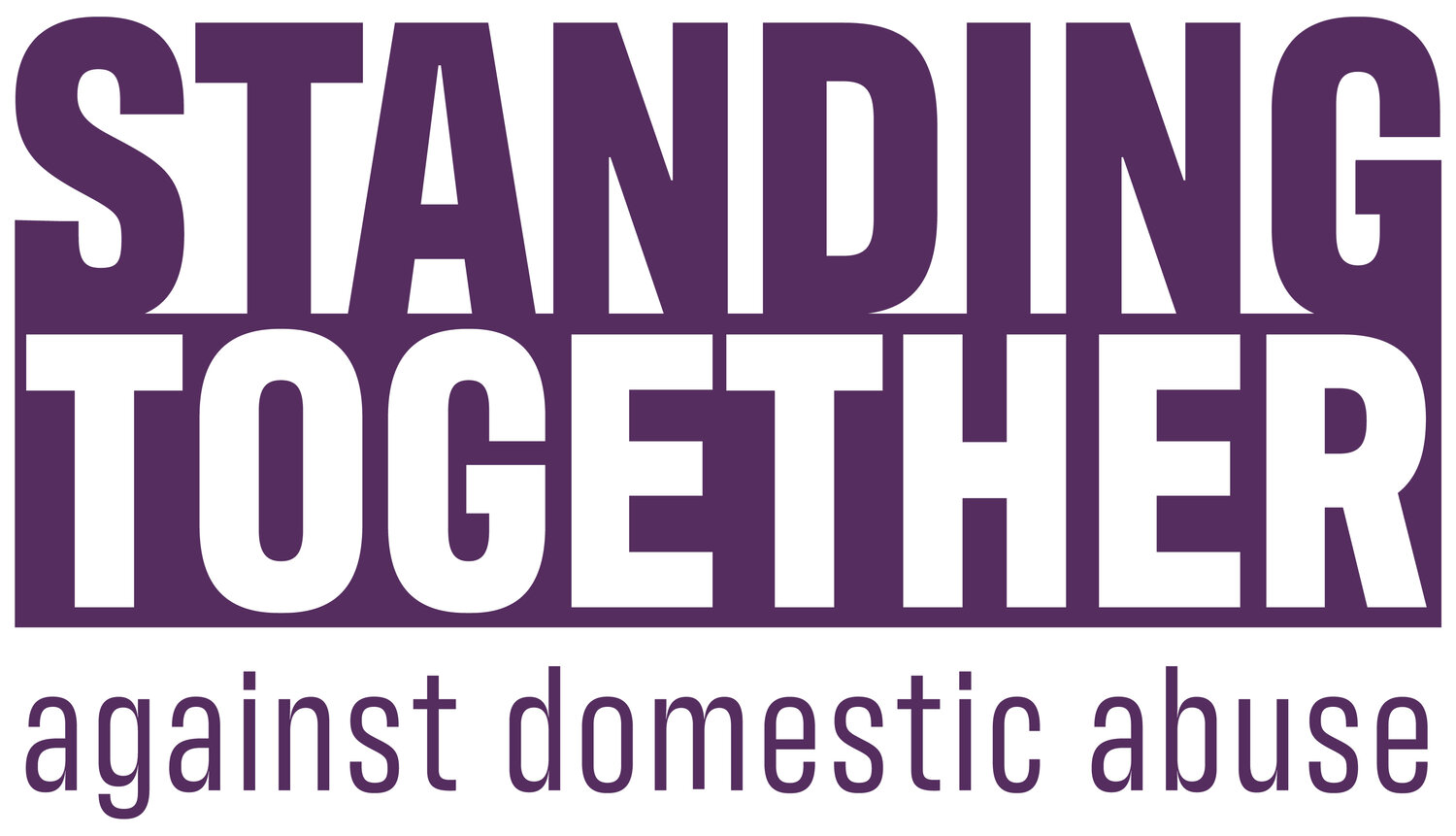'A unifying framework that makes sense of it all' : Why Coordinated Community Response Is No Longer Optional - A Local Authority Perspective from Nottinghamshire
By Tracy Lyon, Public Health and Commissioning Manager (Domestic Abuse), Nottinghamshire County Council
When you have worked in local government for more than two decades, you start to notice patterns. The thread that runs through antisocial behaviour, substance misuse, gangs, prolific offending, and so-called "troubled families" is not just poverty or inequality - it’s domestic abuse. It’s everywhere.
And it’s what’s kept me rooted in this sector for 23 years.
From my early days managing an IDVA service and setting up a family justice centre, to leading multi-agency gangs teams and tackling sex work in Derby, the reality is the same: abuse shows up at every level of the system. Whether I was working on public health or community safety, the controlling behaviour of perpetrators, and the silencing of survivors, was always present.
That’s why the Coordinated Community Response (CCR) model spoke to me. Because for all my years of experience, training, and commissioning, something had been missing: a unifying framework that makes sense of it all.
I joined the CCR Leaders Course not as someone new to domestic abuse, but as someone who had been immersed in it for years. I’d attended the conferences, read the legislation, managed the services. But the CCR course offered something different, it connected all the dots. It gave structure to what I already knew, grounded in evidence, and gave me the language to take others on this journey with me.
As Public Health and Commissioning Manager at Nottinghamshire County Council, I’m responsible for delivering our statutory duty around safe accommodation. That means making tough decisions about where money goes, what services get commissioned, and how we keep survivors safe. It also means working under immense political and organisational pressure.
Right now, we’re facing local government reform. Budgets are under scrutiny. And yet, CCR has become my compass, a tool I use daily to advocate for change that is survivor-led, data-informed and rooted in justice.
In June, I shared our newly refreshed Safe Accommodation Needs Assessment with our Domestic Abuse Partnership Board. Alongside it, I presented the CCR framework and talked openly about what a whole-system response could look like in Nottinghamshire.
The timing was powerful. My learnings from the CCR course were still fresh. And I found myself repeating the phrase “coordinated community response” in nearly every conversation - because once you understand its value, you can’t unsee it.
Our partners are on board. But the CCR course gave me the tools to deepen their understanding, and more importantly, their commitment. I want everyone at the table, from the health partners to probation services, to take part in this learning. Because true transformation is collective.
That’s why we became CCR Network members, and why we continue to support all of our borough and district councils through the DAHA accreditation journey, no matter how complex or politically sensitive that may be. It’s challenging, yes. But it’s necessary. Because we owe survivors more than fragmented services and tick-box training. We owe them systems that speak to one another. We owe them healing.
It’s Not Just a Course. It’s a Commitment.
The CCR Leaders Course is not just something you complete and file away it reshapes how you think, plan, and lead. It equips you to speak with confidence to commissioners, politicians, and partners. It arms you with the why behind the what. For those of us navigating the realities of bureaucracy, budget pressures, and shifting political tides, CCR is both a shield and a roadmap.
If you’re considering the course, or wondering if it’s right for someone with experience, let me be clear: it’s for anyone serious about doing this work better.
A Message to Survivors and Sector Colleagues
To the survivors who bravely share their experiences: thank you. Your voice shapes the services we build. We can’t be survivor-led unless we’re listening, truly listening, to what matters most to you.
And to our partners in the domestic abuse sector, thank you for your tireless work. I am proud to work alongside such a compassionate, determined community. Together, through a Coordinated Community Response, I believe we can deliver something transformational and not just in Nottinghamshire, but across the country.
The journey isn’t easy. But it’s worth every ounce of effort.
Because when we get this right, we don’t just respond to abuse - we end it.

